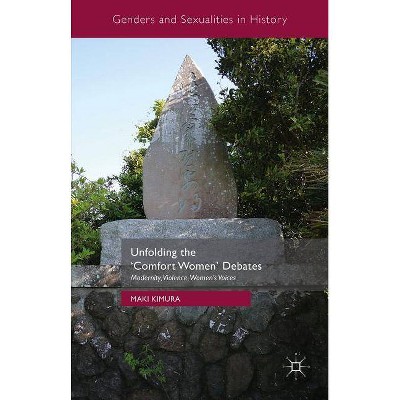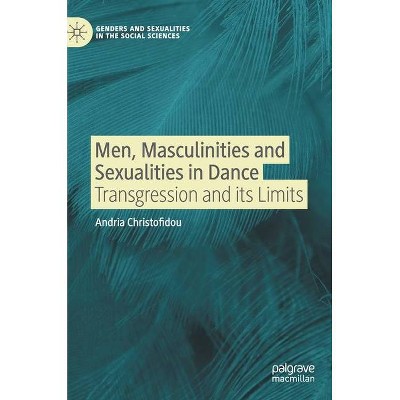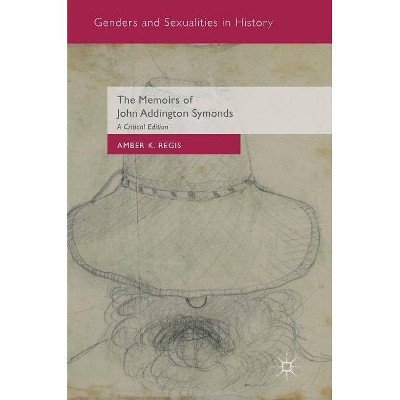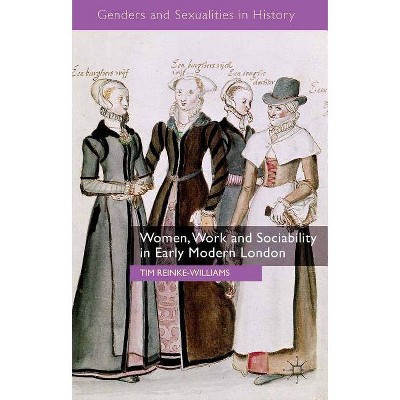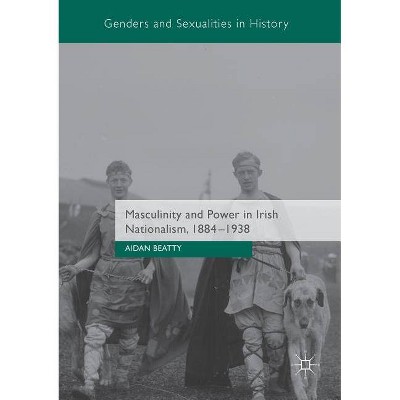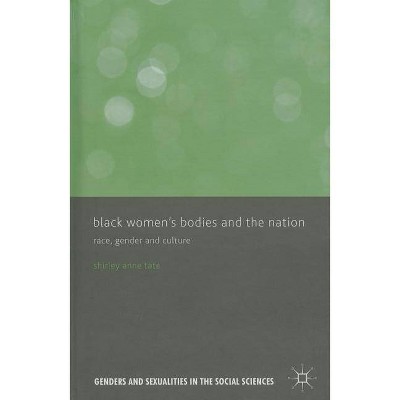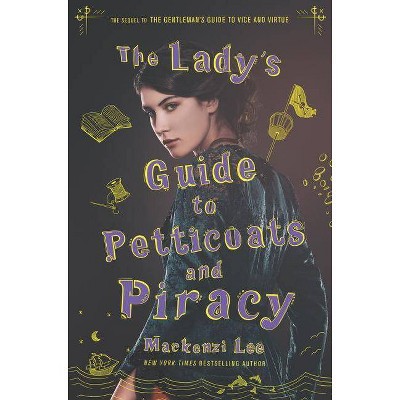A Lady's Man - (Genders and Sexualities in History) by Roberto Bizzocchi (Hardcover)
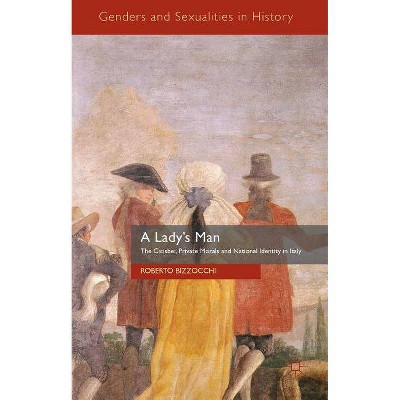
Similar Products
Product info
<p/><br></br><p><b> About the Book </b></p></br></br>"Three people in a marriage: a woman and two men. This was the eighteenth-century Italian aristocratic model of marriage, characterized by the presence of the cicisbeo, the official escort of another man's wife. Did this delineate a clear and brazen sexual depravity or rather a complex and refined social institution, revealing many aspects of Italian civilization in the Age of the Enlightenment? Not only was the presence of a cicisbeo part of a matrimonial, family model; it was also an important factor socially and politically. In a period in which the presence of women at parties was sought--at the theatre and in salons--the lady's escort played an essential part in promoting a couple's social life. Indeed, the company and friendship (and perhaps love) which bound a lady and her escort occurred with the knowledge and under the control of the families of the interested parties. Of course, this 'triangular' arrangement was not unproblematic. The existence of a third party posed a threat to conjugal fidelity and the legitimacy of offspring and, towards the early nineteenth century, when the ideals of Romanticism and the French Revolution were popular there was a rapid decline in the practice. For as Italy reconstructed its national identity alongside other modern European countries the image of private immorality associated with cicisbeism constituted an intolerable blemish"--Provided by publisher.<p/><br></br><p><b> Book Synopsis </b></p></br></br>Three people in a marriage: a woman and two men. This was the eighteenth-century Italian aristocratic model of marriage, characterised by the presence of the cicisbeo, the official escort of another man's wife. Did this delineate a clear and brazen sexual depravity or rather a complex and refined social institution, revealing many aspects of Italian civilization in the Age of the Enlightenment? Not only was the presence of a cicisbeo part of a matrimonial, family model; it was also an important factor socially and politically. In a period in which the presence of women at parties was sought - at the theatre and in salons - the lady's escort played an essential part in promoting a couple's social life. Indeed, the company and friendship (and perhaps love) which bound a lady and her escort occurred with the knowledge and under the control of the families of the interested parties. Of course, this 'triangular' arrangement was not unproblematic. The existence of a third party posed a threat to conjugal fidelity and the legitimacy of offspring and, towards the early nineteenth century, when the ideals of Romanticism and the French Revolution were popular there was a rapid decline in the practice. For as Italy reconstructed its national identity alongside other modern European countries the image of private immorality associated with cicisbeism constituted an intolerable blemish.<p/><br></br><p><b> Review Quotes </b></p></br></br><br>"Roberto Bizzocchi's book, first published in Italian in 2008, is a welcome, first serious study of this most distinctive and puzzling feature of Enlightenment Italy. ... reader will be rewarded with a rich, insightful, and beautifully documented treatment of a fascinating phenomenon, long noted but little formally studied." (P. Renée Baernstein, Journal of Modern History, Vol. 89 (2), June, 2017)<p></p><br><p/><br></br><p><b> About the Author </b></p></br></br>Roberto Bizzocchi teaches Early Modern History at the University of Pisa, Italy. Among others, he has written In famiglia. Interessi e affetti nell'Italia moderna (Roma-Bari, Laterza, 2001), and Genealogie incredibili. Scritti di Storia nell'Europa moderna (Bologna, il Mulino, 2009 2nd. ed., French translation: Paris, Editions Rue d'Ulm 2010).
Price History
Price Archive shows prices from various stores, lets you see history and find the cheapest. There is no actual sale on the website. For all support, inquiry and suggestion messagescommunication@pricearchive.us
